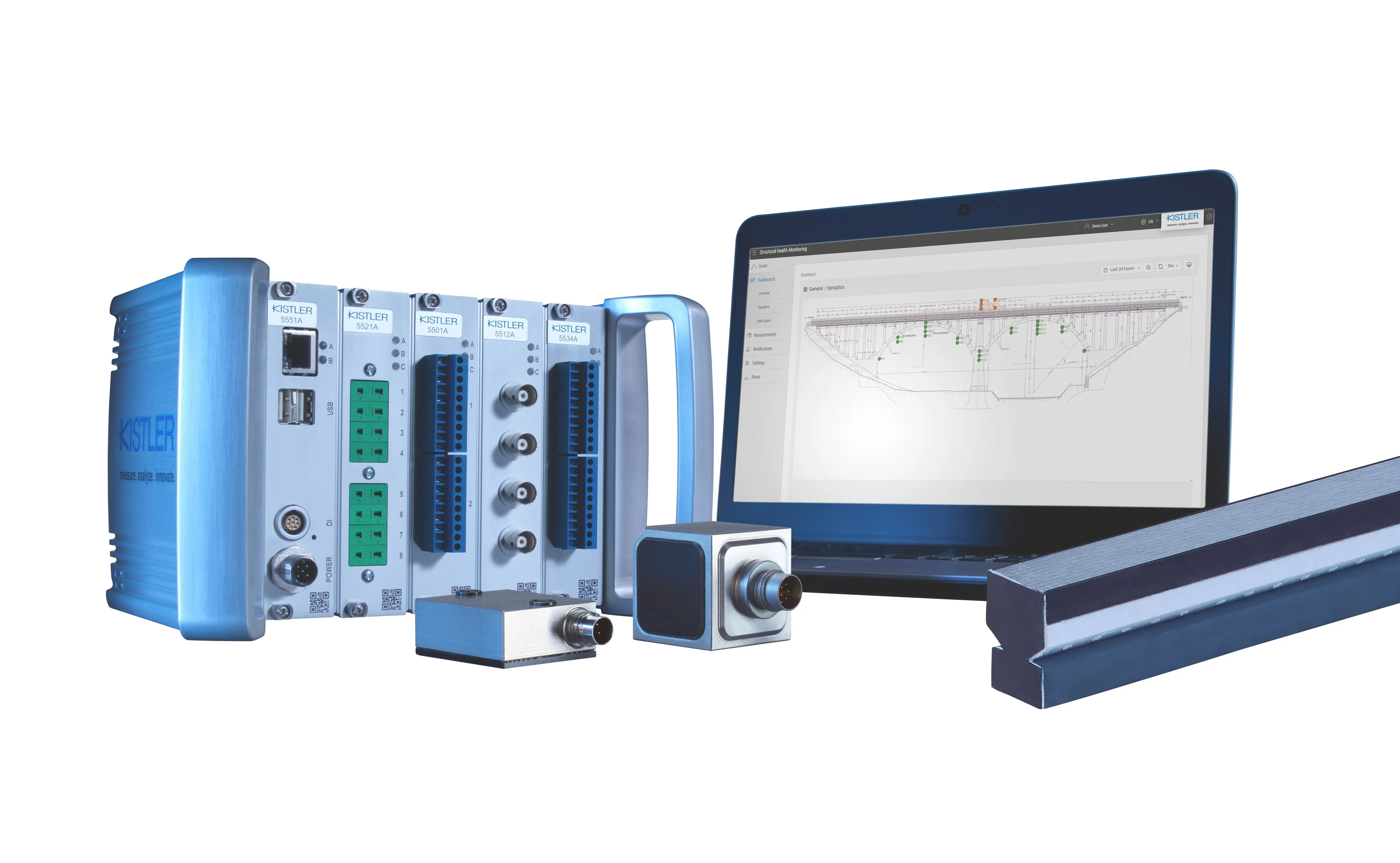Arizona Department of Transportation (ADOT) engineers in Phoenix will get real-time information on the conditions of four interstate bridges in remote north-western Arizona thanks to technology funded by a US$768,000 Federal Highway Administration grant.
To enhance safety and efficiency, ADOT will use the Accelerated Innovation Deployment Demonstration grant to add structural health monitoring systems to the Interstate 15 bridges, embedding sensors on the superstructures that record, analyze and share da
January 25, 2016
Read time: 1 min
To enhance safety and efficiency, ADOT will use the Accelerated Innovation Deployment Demonstration grant to add structural health monitoring systems to the Interstate 15 bridges, embedding sensors on the superstructures that record, analyze and share data.
The systems, which will be installed by this autumn, will help ADOT identify and address problems quickly and decide when the bridges will need major repairs or replacement. They also will help ADOT engineers determine when to conduct inspections, which are required at least every two years and involve lane restrictions.
“The technology made possible by this grant will enhance the safety of the travelling public and help inform Arizona’s investments along this vital corridor,” ADOT Director John Halikowski said.









